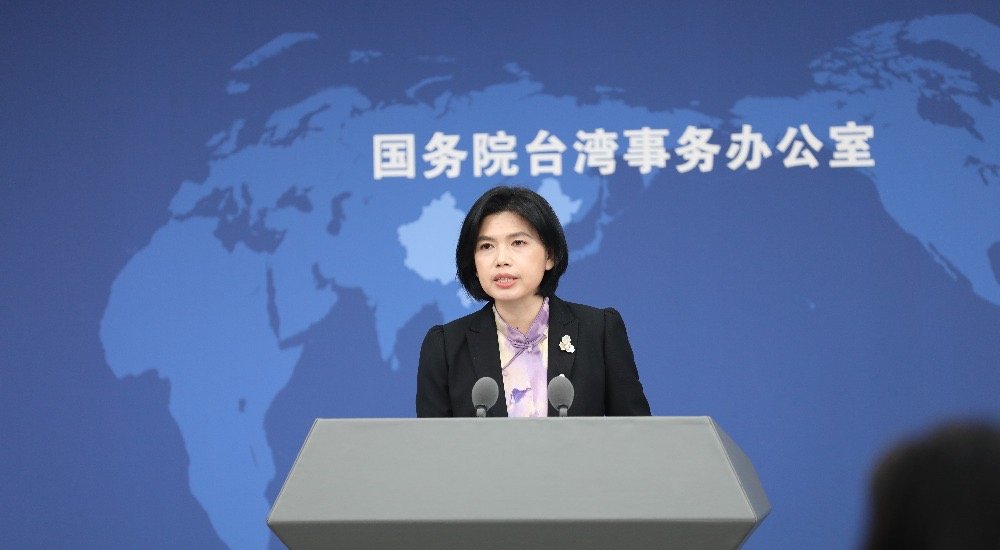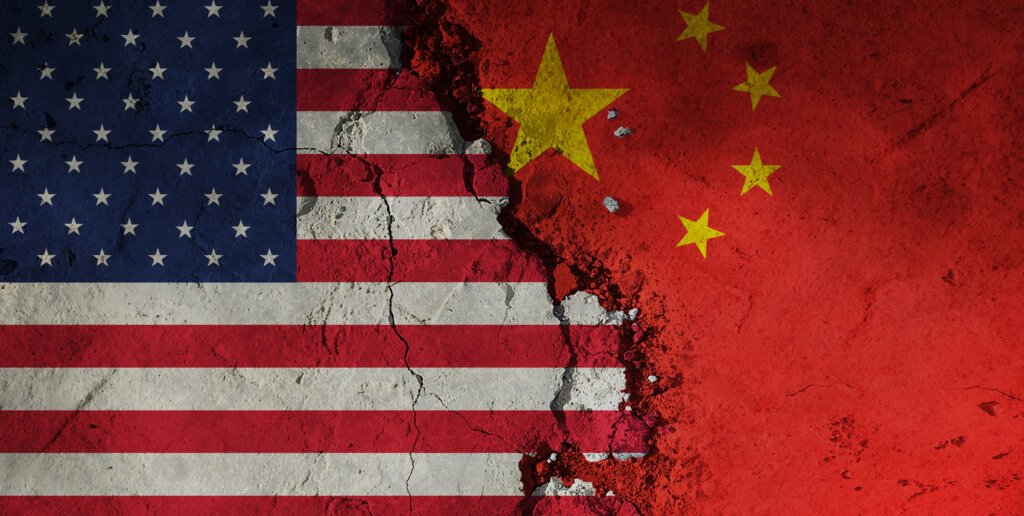- China threatens retaliation with “forceful measures” after Taiwan blacklists Huawei and SMIC from semiconductor exports.
- Beijing condemns Taiwan’s export restrictions as “despicable” and warns of economic damage to Taiwan.
Beijing has escalated tensions with Taiwan by threatening retaliation following the island’s decision to blacklist Chinese tech giants Huawei Technologies and Semiconductor Manufacturing International Corp (SMIC), marking a significant deterioration in cross-strait technology relations as both sides dig in for a prolonged economic confrontation.
According to Bloomberg, Taiwan Affairs Office spokeswoman Zhu Fenglian delivered a stern warning during a regular briefing in Beijing on Wednesday, declaring that China would “take forceful measures to resolutely safeguard the normal order of cross-strait economic and trade exchange.” The threat of Chinese retaliation comes in direct response to Taiwan’s unprecedented move to add major Chinese technology companies to its Strategic High-Tech Commodities Entity List.
Beijing’s response signals escalation
Zhu condemned Taiwan’s decision as “despicable” and claimed it displayed President Lai Ching-te’s loyalty to the US government, framing the export restrictions as evidence of Taiwan’s subordination to American strategic interests.
The spokeswoman’s comments represent the strongest official Chinese retaliation threat since Taiwan implemented the export controls over the weekend.
“Attempts to decouple will not delay the progress of industrial upgrading on the mainland,” Zhu said, adding that such actions will only damage the competitiveness of Taiwanese enterprises and the island’s economy.
However, she did not elaborate on specific measures Beijing might take in response to Taiwan’s actions. The Chinese retaliation warning reflects Beijing’s growing frustration with what it perceives as Taiwan’s alignment with US technology containment strategies.
Taiwan last week joined a yearslong US campaign to curtail China’s technological ascent by adding the country’s AI and chipmaking champions to its entity list, marking the first time Taipei has used the blacklist on major Chinese companies.
Strategic stakes in a cross-strait technology war
The new restrictions are likely to, at least partially, cut off Huawei and SMIC’s access to Taiwan’s plant construction technologies, materials and equipment essential to build AI chips, like those made by Taiwan Semiconductor Manufacturing Co for the likes of Nvidia Corp.
The represents a significant escalation in the technology dimension of cross-strait tensions. Taiwan’s decision bars the island’s firms from doing business with Huawei and SMIC without a licence, creating substantial new barriers for Chinese companies seeking to access Taiwan’s advanced semiconductor ecosystem.
For Beijing, this represents another layer of technological isolation that compounds existing US export controls. The timing of China’s retaliation threat also coincides with broader geopolitical tensions.
President Donald Trump’s administration has urged Taipei to take more ownership over chip restrictions on China, Bloomberg News previously reported, suggesting coordinated pressure on Taiwan to align more closely with US strategic objectives.
Economic vulnerabilities on both sides
While Beijing threatens forceful measures, both sides face significant economic vulnerabilities in any escalated confrontation. Taiwan’s semiconductor industry, dominated by companies like TSMC, has historically maintained complex relationships with Chinese customers despite political tensions.
Chinese retaliation could potentially target these commercial relationships, affecting Taiwan’s economic interests. However, China also faces constraints in its response options. Beijing’s own technology companies depend heavily on access to global supply chains, including components and equipment from Taiwan and other allied nations.
Aggressive retaliation could further isolate Chinese firms and accelerate the technological decoupling that Beijing claims to oppose. The mutual economic dependencies suggest that while both sides may engage in escalatory rhetoric, the practical scope for damaging retaliation remains limited by shared commercial interests.
Broader implications for the regional technology ecosystem
China’s retaliation threat underscores the broader transformation of the regional technology ecosystem along geopolitical lines. As Taiwan increasingly aligns its export control policies with US strategic objectives, Beijing faces growing pressure to develop alternative technological pathways that reduce dependence on democratic allies.
The confrontation also highlights the central role that Taiwan’s semiconductor industry plays in global technology competition. Beijing’s frustrated response to Taiwan’s export controls demonstrates the continued importance of Taiwanese technology capabilities for Chinese advancement in artificial intelligence and advanced semiconductors.
For regional technology companies and supply chains, the escalating tensions signal an environment of increasing uncertainty where commercial relationships become subject to political calculations. The threat of Chinese retaliation adds another layer of complexity for businesses navigating an already fragmented global technology landscape.
As both sides prepare for what appears to be a prolonged technology confrontation, the stakes extend beyond bilateral relations to encompass the broader question of how technological innovation and competition will be shaped by geopolitical rivalry in the years ahead.
Beijing’s retaliation threat suggests that neither side is prepared to back down from what has become a defining contest over the future of global technology leadership.







